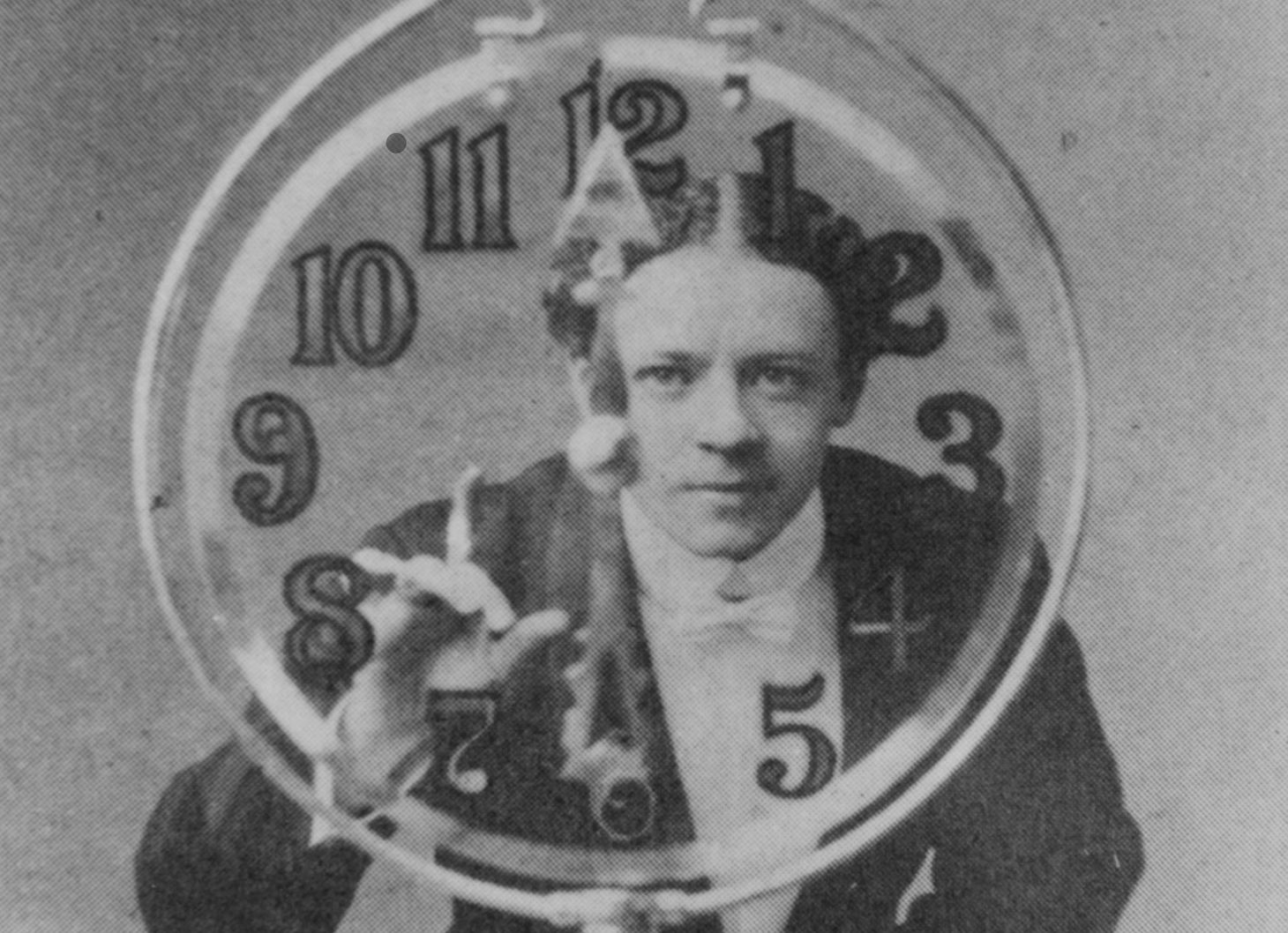Embrace how little you can do
The fact that you can’t do everything gives meaning to the things you choose to do.

Table of Contents
I once joked that my greatest passion is “systematically denying myself pleasure”. I can’t remember what it was in reference to – I had probably just uninstalled a video game I enjoyed playing – but I said it to my partner and she looked at me like it was the saddest thing she had ever heard.
Which, really, was fair.
(When I read the above to her, she said “it’s like the Protestant worth ethic and Catholic guilt had a sad white baby.”)
Feeling like there’s always something else
I’m horrendous at doing things just because I enjoy them. I’ve spent years castigating myself for playing video games, I rarely read fiction, and I struggle to focus on what I’m doing in favour of thinking about what I need to do next.
I’ve long felt like I “should” – a dangerous word – be doing something more productive instead of things that are just fun. Thankfully, I’m getting better at that. I’m embracing hobbies. I’m letting myself like things.
It’s a bit counterintuitive, but embracing how few things I can ever do has helped.
The joy of missing out
You can’t feel more in control of your time or your life by getting more done. The work you could do expands to match the time available: find some more time, and you’ll find something else you think you should be doing.
I’m trying to make peace with that by accepting that my time is limited and that I can’t do everything. Part of that has been looking at the things I do and don’t do (and why).
Am I putting something off because, deep down, I don’t actually care about it? Or does it intimidate me on some deeper level? Am I doing something because I truly want to do it – or out of a sense of obligation? Or because it helps me avoid the tricky stuff?
In his book about accepting our limitations, Four thousands weeks, Oliver Burkeman breaks that process into good and bad procrastination:
The good procrastinator accepts the fact that she can’t get everything done, then decides as wisely as possible what tasks to focus on and what to neglect. By contrast, the bad procrastinator finds himself paralysed precisely because he can’t bear the thought of confronting his limitations. For him, procrastination is a strategy of emotional avoidance – a way of trying not to feel the psychological distress that comes with acknowledging that he’s a finite human being.
There’s magic in accepting your finite time. Missing out on some things is what makes our choices meaningful.
Choosing to do any one thing, by definition, means not doing any number of other things. Embracing that choices makes it powerful.
As Burkeman says, that choice is “a positive commitment to spend a given portion of time doing this instead of that – actually, instead of an infinite number of ‘thats’ – because this, you’ve decided, is what counts the most right now.”
Viewing life this way, Burkeman argues, flips any fear about mortality on its head. It’s not that you have a finite amount of time alive – it’s “almost incomprehensibly miraculous to have been granted any time at all.”
That includes time for video games, of course.
Unzen Newsletter
Join the newsletter to receive the latest updates in your inbox.
